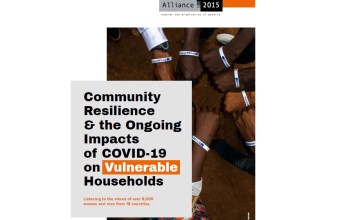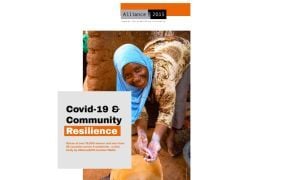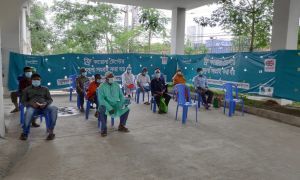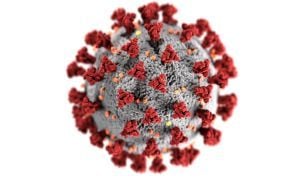
Read our 2023 annual report

Knowledge Hub
Alliance2015 Multi Country Covid-19 Research - 2022
This report presents the findings of a survey conducted by the Alliance2015 member organisations in 18 countries between March and May 2022, to assess the impact of
COVID-19 on food security, income, coping strategies and access to services.
As a member of Alliance2015, Concern collected data from Burundi, Chad, Democratic Republic of Congo (DRC) and Syria for this research.

This research is a continuation last year's initiative “Covid-19 & Community Resilience” which analysed how the effects of the pandemic were affecting the most vulnerable households in 25 countries on 4 continents. This research is a continuation of that initiative and is the result of 8,461 surveys in 18 countries where Alliance2015 member organisations are working. The focus of the survey this time was on how the effects of COVID-19 are affecting several key aspects of households’ resilience, such as their income capacity, accessing food, coping strategies and access to health and education services.
The research found that the effects of COVID-19 are still very much present in many communities in 2022. The findings of this report highlight how the quality and quantity of food decreased compared to pre pandemic period, the financial situation worsened, households reduced their expenditure - the main item cut back being food- , and few children had any access to learning support.
The pandemic laid bare a number of pre-existing systemic failures – in our food systems, in healthcare, in education, in employment and social protection, in housing, in our main business and economic model - that made coping with the global shock extremely problematic for disadvantaged countries and communities.
This crisis context is becoming structural for the most disadvantaged groups in the countries where we are present; climate change, economic downturns, diseases, conflicts or wars not only impede the recovery of many households in vulnerable communities, but also aggravate their situation. A clear picture has emerged from this follow up research, showing the extent to which growing numbers of people are being left behind. The disproportionate impacts of COVID-19 - alongside climate change and conflict - on those living in chronic poverty must be met by a response which, accordingly, focuses on addressing the urgent needs of those living in extreme poverty.
The Alliance2015 member organisations are using these results to adapt their programmes, initiate new partnerships and advocate for quality and more efficient use of COVID-19 recovery packages. We invite our readership to join and support our efforts, to use our data and analysis for programme development, communications and advocacy.
The research update can also be accessed on the Alliance2015 website.
This page covers research activities implemented with the Alliance2015. The ideas, opinions and comments therein are entirely the responsibility of its author(s) and do not necessarily represent or reflect Alliance2015 policy.




